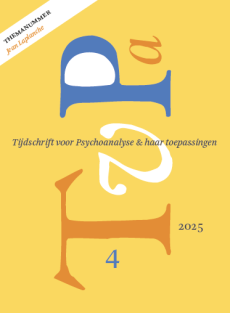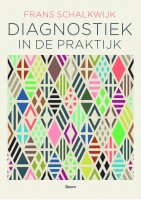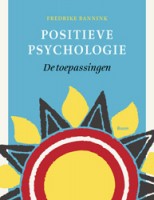Het fascinerende object: een poging tot analyse
Summary
Is fascination, the (self)destructive relation to a fascinating object, a psychic proces with specific characteristics and which role does it play in the (blocked) development of the individual? To start the discussion, fascination is confronted with the connection between thinking and psychosis (Bion) and idealization (Klein). The hypothesis is developed that the fascinating object, belaboured by the envious subject and revengeful, represents the threatening bankruptcy of triangulation and symbolization. To restore the object or to destroy it definitively, that’s the paralysing dilemma for the subject. In so far as by projective identification the analysand becomes himself a fascinating object, the analyst and the analytic process can be paralysed in the same way.
The paper offers a report on a psychoanalytic experience and discussion with special attention for fascinating (counter)transference.
Literatuur
- Bion, W.R. (1965), Transformations. Maresfield Library, London, 1991.
- Klein, M. (1957), Envy and Gratitude. In: M. Klein, Envy and Gratitude and Other Works 1946-1963. Virago Press, London, 1988, p. 276-235.
- Sartre, J.P. (1943), L’Etre et le Néant. Gallimard, Paris, 1987.
- Thys, M. (1994), De fascinatie voor incest. Mededelingen Belgische School voor Psychoanalyse, 13, p. 39-44.
- Vermote, R. (1994), Le mythe d’Oedipe à la lumière du mythe du Sphinx. Revue Belge de Psychanalyse, 24, p. 29-42.
 © 2009-2026 Uitgeverij Boom Amsterdam
© 2009-2026 Uitgeverij Boom Amsterdam
ISSN 1382-516x
De artikelen uit de (online)tijdschriften van Uitgeverij Boom zijn auteursrechtelijk beschermd. U kunt er natuurlijk uit citeren (voorzien van een bronvermelding) maar voor reproductie in welke vorm dan ook moet toestemming aan de uitgever worden gevraagd:
Behoudens de in of krachtens de Auteurswet van 1912 gestelde uitzonderingen mag niets uit deze uitgave worden verveelvoudigd, opgeslagen in een geautomatiseerd gegevensbestand, of openbaar gemaakt, in enige vorm of op enige wijze, hetzij elektronisch, mechanisch door fotokopieën, opnamen of enig andere manier, zonder voorafgaande schriftelijke toestemming van de uitgever.
Voor zover het maken van kopieën uit deze uitgave is toegestaan op grond van artikelen 16h t/m 16m Auteurswet 1912 jo. Besluit van 27 november 2002, Stb 575, dient men de daarvoor wettelijk verschuldigde vergoeding te voldoen aan de Stichting Reprorecht te Hoofddorp (postbus 3060, 2130 KB, www.reprorecht.nl) of contact op te nemen met de uitgever voor het treffen van een rechtstreekse regeling in de zin van art. 16l, vijfde lid, Auteurswet 1912.
Voor het overnemen van gedeelte(n) uit deze uitgave in bloemlezingen, readers en andere compilatiewerken (artikel 16, Auteurswet 1912) kan men zich wenden tot de Stichting PRO (Stichting Publicatie- en Reproductierechten, postbus 3060, 2130 KB Hoofddorp, www.cedar.nl/pro).
No part of this book may be reproduced in any way whatsoever without the written permission of the publisher.
Nieuwsbrief Boom Psychologie
Meld u nu aan en ontvang maandelijks de Boom Psychologie nieuwsbrief met aantrekkelijke aanbiedingen en de nieuwe uitgaven.
Aanmelden


